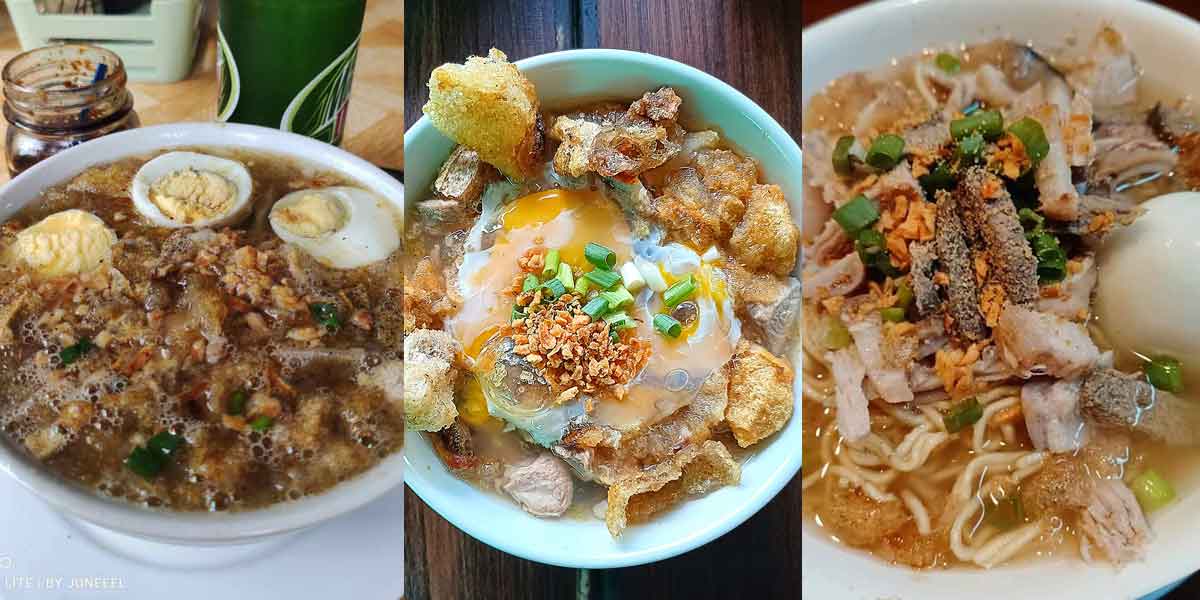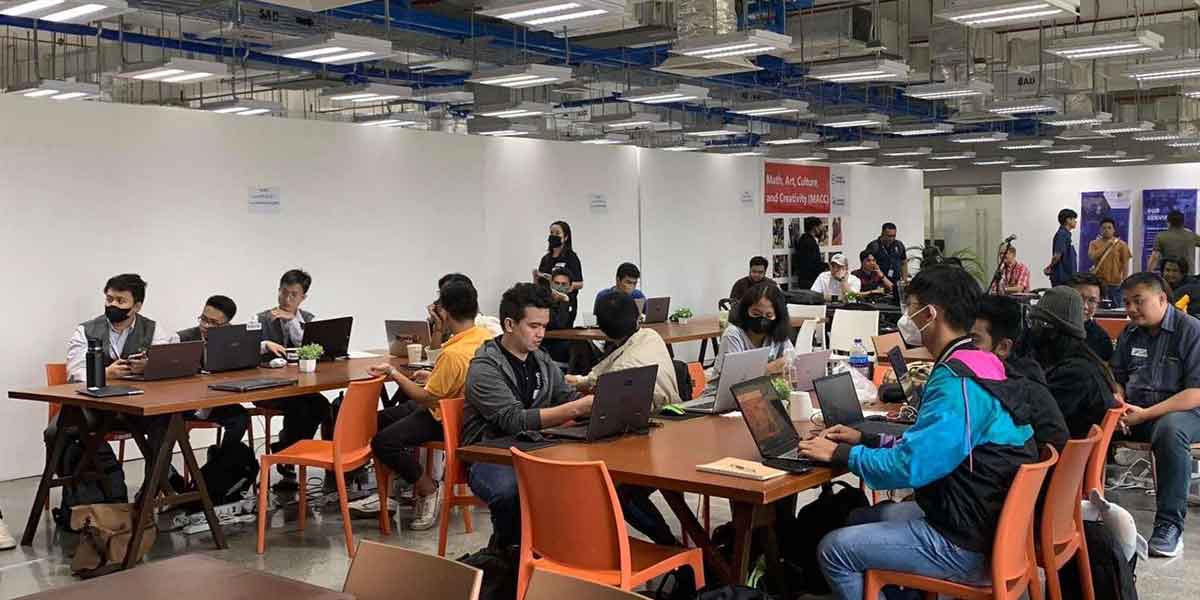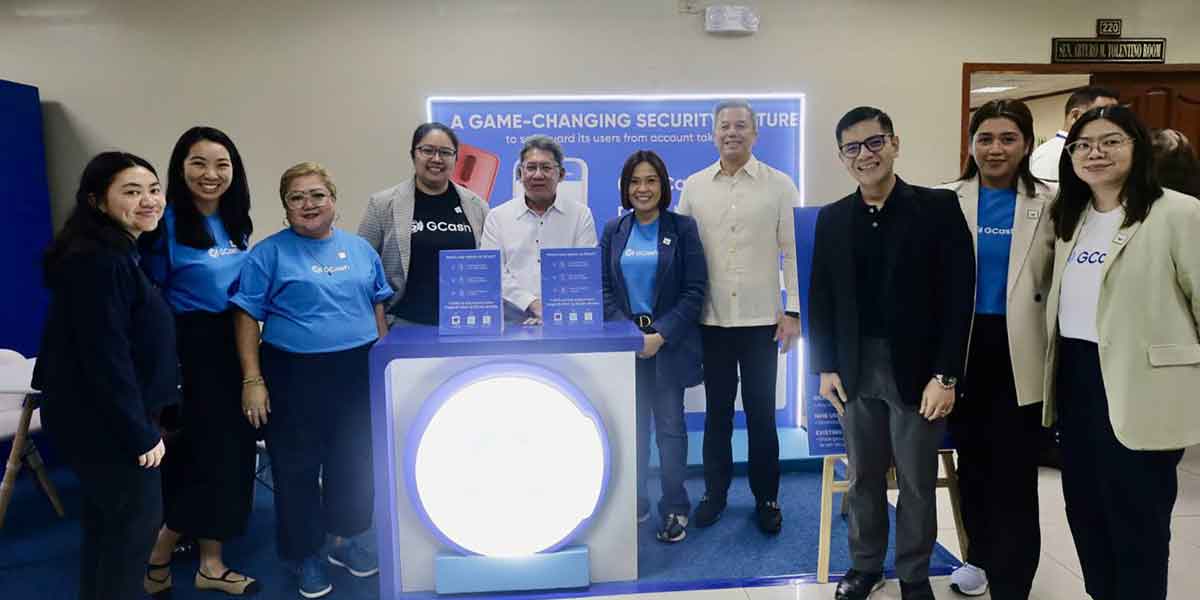
The Intellectual Property Office of the Philippines (IPOPHL) has signed a memorandum of understanding (MOU) with the Manila International Airport Authority (MIAA) to prevent the transport of intellectual property (IP) infringing goods and raise awareness on the prohibition of traveling with counterfeit items.
“As we see no signs of the ‘revenge travel easing,’ MIAA stands as a relevant partner to IPOPHL in ensuring tourists or returning residents observe our IP laws,” Director General Rowel S. Barba said.
The partnership comes amid the “revenge travel” wave, in which travelers book numerous trips to “take revenge” against COVID-19 after its global outbreak locked people out for months on end.
In 2022, about 2.6 million travelers visited the Philippines, exceeding the Department of Tourism’s (DOT) target of 1.7 million. This year, the DOT aims to attract five million tourists.
“Our MOU also assures that we have MIAA’s full cooperation in ensuring “IP-safe travels.” By “safe,” we mean destinations are safeguarded from counterfeit goods. We achieve this by jointly developing efficient measures to thwart the importation, exportation and sale of such goods through and at the airport, all while keeping in mind the convenience of our travelers,” he added, stressing the partnership will not add tedious processes and requirements that burden travelers.
With the MOU, IPOPHL, in coordination with other member agencies of the National Committee on IP Rights (NCIPR), will provide MIAA staff with training to strengthen their understanding of IP laws, rules and regulations and capacities in identifying counterfeit goods.
Together, MIAA and IPOPHL will share critical information and statistics to monitor the movement of counterfeit goods and help other enforcement agencies in their surveillance and investigation of identities involved in IP infringement to the extent permitted by the Data Privacy Law of 2012.
Under Section 118 of the Republic Act 10863 or the Customs Modernization and Tariffication Act (CMTA) of 2016, IP infringing goods as defined by Republic Act 8293 or the IP Code are prohibited from being imported and exported. Any person who violates the CMTA could face penalties of P100,000 to P300,000 and/or imprisonment of 31 days to one year.
At present, the warning of bringing in IP infringing goods is only part of various declaration forms at the entry points of the airport.
“We hope we can conduct joint IP awareness activities, and put up more information materials on IP in the airport that are highly visible to the public,” the IPOPHL chief added.
MIAA is a government-owned and controlled corporation and agency under the Department of Transportation. It is responsible for managing the Ninoy Aquino International Airport formerly Manila International Airport. (Janina Lim/IPOPHL)



















